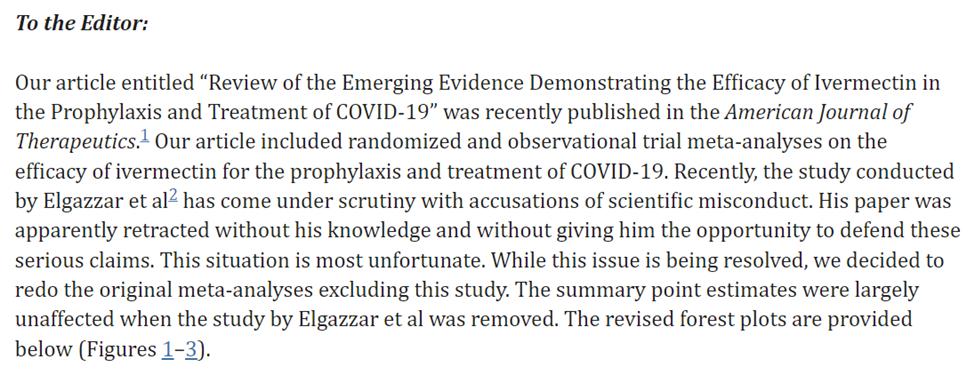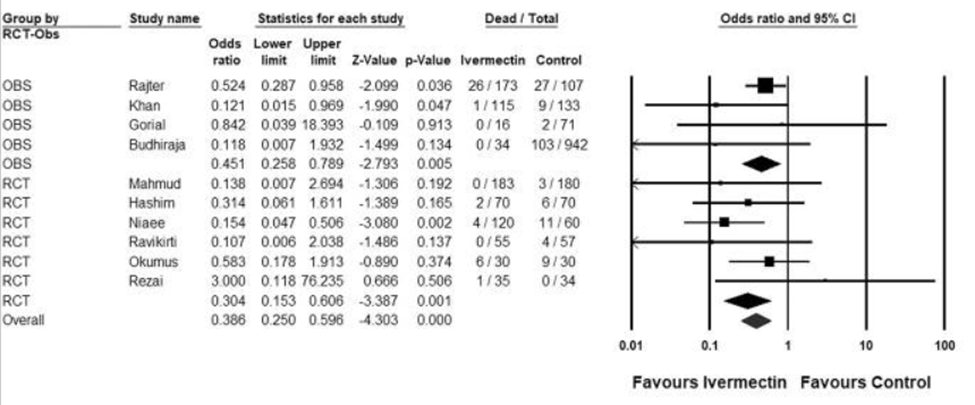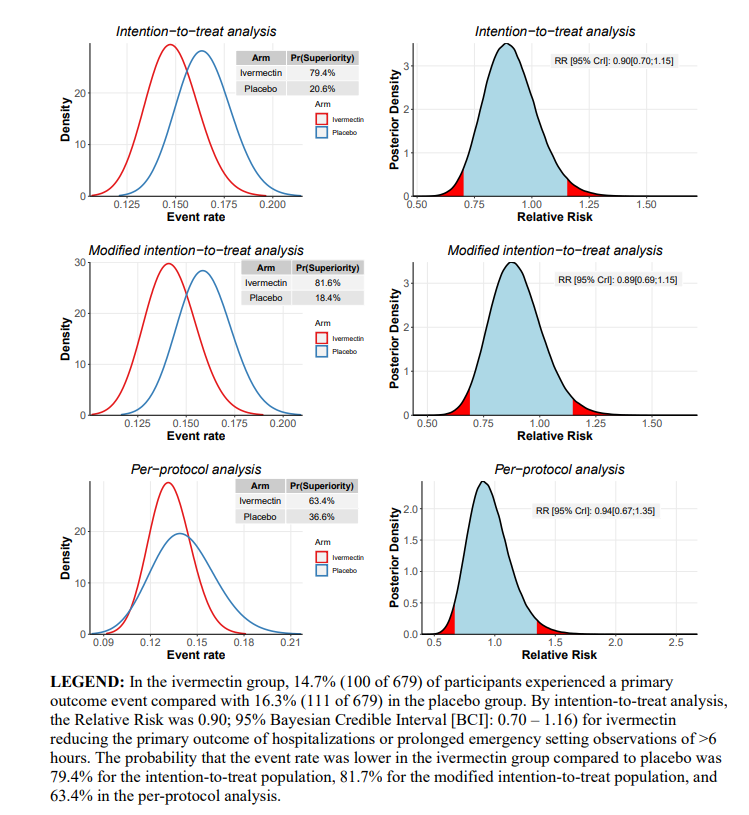By Kent R. Kroeger (Source: NuQum.com; May 17, 2022)
Nearing the 40-year anniversary of the mostly forgotten US Festival concerts (which were held in 1982 and 1983), I am reminded of one of the bands that performed in the 1983 concert…
“The only band that matters.” That was The Clash’s moniker among the London-based punk band’s fan base.
Yes, it was a pretentious, overwrought slogan, but nearly 40 years removed from the band’s meteoric rise and fall, I’m still reminded of how different they were from other bands, past and present.
Along with The Sex Pistols, The Clash — Joe Strummer (lead singer/songwriter), Mick Jones (lead guitar/songwriter), Paul Simonon (bass), and Topper Headon (drums) — were the vanguard of the British punk movement in the mid-1970s. No exaggeration, they were The Beatles of punk rock — or, closer to what Strummer might say, they were the anti-Beatles.
[Strummer once mentioned he preferred The Rolling Stones over The Beatles, in part because The Beatles didn’t sing with British accents like The Stones.]
Where the Pistols were known more for their ceaseless, drug-fueled nihilism than their musical talent (predictably ending in the drug overdose death of their mercurial front man, Sid Vicious, in February 1979), The Clash were musically tight and smart, often preferring parabolic, socially observant lyrics over the Pistols’ self-destructive paganism. The Clash gave us elegancia punk.
[That isn’t to say the Pistols were bad — they were, in fact, great. And while most music critics will recommend their only studio album — Never Mind the Bollocks — in my view, no song better represents the Pistols than their rendition of Jingle Bells (…if that song doesn’t put you in the Christmas spirit, check your heartbeat).]
As talented and politically-conscious as U2 (and Bono) were in the 80s and 90s, their uncredited mentors were The Clash, because of all the rock bands I’ve admired over the years, no band has ever been as uncompromising and consistent in its politics, and that was a reflection of their lead singer, Joe Strummer.
The Clash were to the left of the leftiest on the left — and that is back when the term ‘left’ meant something politically in the U.S. and U.K.
Andwhen Joe Strummer sang ‘I’m so Bored with the U.S.A.,” I knew he was sincere — he really was bored with the U.S.A.
While Jones often wrote pop-influenced, self-reflective songs (“Lost in the Supermarket” and “Should I Stay or Should I Go” come to mind), Strummer would put listeners in a figurative headlock and noogie the bourgeois delusions out of them.
And no moment in rock-n-roll history better exemplifies this point than the 1983 US Festival concert held in San Bernardino, California over that year’s Memorial Day weekend.
The dreamchild of Apple co-founder Steve Wozniak and concert promoter Bill Graham, the US Festival was the Reagan generation’s answer to Woodstock —and like its 60s precursor, was a money loser.
And no concert is more poignant to Clash fans, as it would be the last time the band would perform together.
Perhaps knowing that, Strummer let out a timeless, scorching onstage rant against Western materialism and inequality, at one point taking aim at the organizers of the US Festival, the well-compensated musical acts appearing there, and even the audience itself:
“Alright, then here we are, in the capital of the decadent U.S. of A. This here set of music is dedicated to making sure that, those people in the crowd who have children, there is something left here for them later in the centuries…
…I know the human race is supposed to get down on its knees in front of all this new technology and kiss the microchip circuits. It don’t impress me ever much. It ain’t nothin but a “You buy! You make, you buy, you die!” That’s the motto of America. You get bums to buy it. And I’ll tell you those people out in East L.A., they ain’t gonna stay there forever. And if there’s anything gonna be in the future, its gonna be from all parts of everything — not just from one White way down from the middle of the road. So, if anybody out there grows up, for fucks sake!!!
Yeah, I suppose you don’t wanna hear me go about this and that and what’s up my ass, uh? Try this on for size…well, hi everybody, ain’t it groovy…ain’t you sick of hearin’ that for the last 150 years. Look, I know you’re all standin’ there lookin’ at the stage, but I’m here to tell you that the people that are on this stage and are gonna come on and have been on it already, we’re nowhere! Absolutely nowhere! Can you understand that?”
Strummer didn’t make many friends in the music industry that day, some eagerly pointing out that The Clash were paid $500,000 for their US Festival appearance — a large sum for a one-night-only performance.
Van Halen’s David Lee Roth would respond to Strummer the next day during their US Festival performance: “The only people who put ice tea in Jack Daniels bottles is The Clash, baby!”
I’m still not sure of David’s point. The Clash weren’t real rockers? The Clash were British? Who knows. I’ve never considered David Lee Roth remotely funny — which is one opinion I share in common with the late Eddie Van Halen.
A bland but more coherent response to Strummer came from U2’s Bono.
“Nobody twisted my arm to come here,” the self-consciously inoffensive Bono said during U2’s performance on the Festival’s third day. “I’m here because I want to be here.”
Bono then proceeded to pick out a big-breasted woman from the crowd, have her carried on stage next to him by a couple of stagehands, and let her bounce her ample mammaries for the next few minutes.
In the early 1980s, the political correctness memo hadn’t reached rock bands.
So went the 1983 US Festival — a four-day musical menagerie that may not have generated any additional wealth for its organizers, but nonetheless provided some great music, an entertaining pissing-match between a few bands, and one of The Clash’s greatest concert performances, albeit its last.
I can count on one hand how many times I’ve listened to an entire U2 or Van Halen album in the last twenty years. I listen to entire Clash albums at least three or four times a year — a frequency I only exceed with The Beatles, Kate Bush and Neil Young.
I don’t miss David Lee Roth’s schtick or rock vocal stylings. It had its day. And, anymore, I turn off U2 songs when they start on the radio (except when its “One”).
But I miss Joe Strummer. He was truly unique and the band that made him famous matters more than ever.
- K.R.K.
Send comments to: kroeger98@yahoo.com
A Starter’s Guide to the “The Clash” Song Catalogue
Strummer’s singing voice is a cross between someone’s excessive gargling and a dying woodland animal.
I’ll admit, he’s not for everybody. But neither is Bob Dylan or the late Janis Joplin, and they certainly don’t have to apologize for their singing careers.
So here is my list of not necessarily The Clash’s or Strummer’s best songs, but the easiest songs to appreciate for first-time listeners, starting with songs from Strummer’s last band before his death, The Mescaleros.
“Mondo Bongo” —Joe Strummer & The Mescaleros (2001)
This may be Strummer’s most famous song as it was included in Mr. and Mrs. Smith, the 2005 movie starring Brad Pitt and Angelina Jolie. But beyond the mainstream accessibility of this tune, it is also incredibly lovely and hypnotic. In fact, you’ll want to find a dance partner from the moment the song starts.
“Redemption Song” — Written by Bob Marley; performed by Joe Strummer & The Mescaleros (2003)
From the album Streetcore, Strummer starts this Bob Marley masterpiece by saying, “People can change anything they want to.” Whether I agree with the sentiment, you can hear the emotion in his voice and he not only does the Marley song justice, he gives us the song’s best cover version, in my opinion.
“Minstrel Boy” — Lyrics by Thomas Moore; arranged and performed by Joe Strummer & The Mescaleros (2002)
Lyrics written by the Irish poet Thomas Moore, The Mescaleros’ arrangement in combination with Strummer’s voice is heartbreaking — in a good way. It may be cliché to say the song transports you to a different place and time, but it really does.
“Know your Rights” — The Clash (1982)
My favorite song from Combat Rock — The Clash’s last studio album under the original group lineup — there is probably no Clash song that could be plunked down in today’s music scene and be more pertinent. What “Know your Rights” lacks in lyrical sophistication, it more than makes up for in it’s political sensibilities. Sings Strummer:
“You have the right not to be killed. Murder is a crime. Unless it is done, by a policeman. Or an aristocrat. Oh, know your rights.
You have the right to food money. Provided you don’t, don’t mind a little investigation, humiliation…and if you cross your fingers, we have rehabilitation.
You have the right to free speech. Unless you’re not dumb enough to actually try it.”
As neoliberal political forces worldwide continue to suck the life out of working class people through their ongoing effort to stop the formation of worker unions, kill universal health care, spend public monies on ‘guns over butter’, and censor any speech they fear, this song deserves a relisten.
“Atom Tan” — The Clash (1982)
The Clash loved the ‘call and response’ technique and this song from 1982’s Combat Rock album beautifully displays their penchant for that lyrical pattern. ‘Atom Tan’ is an unabashedly catchy Clash tune with lyrics I don’t fully understand…and who cares? It’s a fun listen.
The Clash’s ‘Combat Rock’ album was their most commercially successful effort, even as some hardcore fans dismissed the preternaturally catchy “Should I Stay or Should I Go?”; but for the rest of us, danceable songs like “Rock the Casbah” (the music video’s embarrassing Arab stereotypes notwithstanding) gave us some solace knowing that our favorite band would probably not survive into the next year. Strummer-Jones wrote Lennon-McCartney level songs and this album mostly proved that point.
“Armagideon Time” — Written by Willi Williams; performed by The Clash (1980)
My best friend in high school would mock The Clash because they couldn’t spell ‘Armageddon.’ But the song was written by Jamaican reggae musician Willi Williams and was, by intent, a mocking critique of end-of-times theologies — the title’s improper spelling was part of the song’s point.
For me, as it wasn’t a Clash-written song, I loved how Strummer mangled Williams’ lyrics, such as when he replaced the original lyric of “remember to praise Jah-hov-iah” with “remember to kick it over.” Like John Lennon, Strummer was never against forgetting a few lyrics now and then — often for the better.
And if you love inventive drumming, pay attention to Topper Headon’s work on this song. Before heroin compromised his reliability as a band member, Headon was as good a drummer as any in the rock-era.
“Hitsville U.K.” — The Clash (1980)
Sure, this song is a too consciously unpunk to be taken seriously, but at this point in the The Clash’s career, I’m not sure they cared.
“Here I am, thirty years later, in f**king Serbia, on the brink of crying because of a song celebrating bands I’ve never listened to. Is there any other band like this? Probably no,” posted gorgvalhal on YouTube about this song.
Found on The Clash’s three-album mega-opus, Sandinista!, an album that still divides Clash fans. Apart from George Harrison’s All Things Must Pass and a few live concert and best-of releases, no band had ever issued a triple-album before The Clash. In fact, The Clash gave up a good chunk of their royalties because they priced Sandinista! as a double-album release, instead of as a triple-album. Their break-up a few years later was, in part, because of this brave by costly financial decision.
“Ivan meets G.I. Joe” — The Clash (1980)
Also found on Sandinista!, “Ivan meets G.I. Joe” might have been the most divisive song on the band’s most divisive album. Even I tended to skip over it.
But, in retrospect, it couldn’t be a better reflection of the times. In the context of a Cold War that was about to end, the use of video game sound effects was too unsubtle, but upon a renewed listening, the song’s goofy charm is hard to deny.
“Charlie Don’t Surf” — The Clash (1980)
The Vietnam War had ended five years prior to this song, but The Clash couldn’t help but take a post-mortem slap at American military adventurism. The lyrics still work:
Charlie don’t surf and we think he should.
Charlie don’t surf and you know that it ain’t no good.
Charlie don’t surf for his hamburger.
Momma Charlie’s gonna be a napalm star.
Its another Clash song from Sandinista! that mashes any musical style they can get hold of, and they somehow make it work.
“Junkie Slip” — The Clash (1980)
Elvis meets Stanley Clarke and Sid Vicious. This Sandinista! song about heroin addiction defies easy explanation. And, frankly, I’ve never met anyone who has liked this song. “It’s too kooky,” one of my fellow Clash-loving friends would say. Nonetheless, it’s on my short list of great Clash songs.
“The Sound of the Sinners” — The Clash (1980)
This song combines message and humor as well as any the band ever wrote. So much so, Elvis Costello called this his favorite Clash song. The Clash have better songs, but this is one of the hidden chestnuts on Sandinista!
“Death and Glory” — The Clash (1979)
This is my favorite Strummer-dominated song from their classic London Calling album, probably because I first heard it while in Catholic school and it was a bit naughty. But, forty years later, I appreciate its musical maturity, and any song with Strummer’s cackling scream and Jones’ McCartney-like harmonies ages well.
“Jail Guitar Doors” — The Clash (1979)
This Jones-led song is a pure rocker with a sharp British accent.
The “Wayne” referred to in the beginning of the song is MC5’s Wayne Kramer who started a non-profit that plays concerts, donates guitars, and has song writing workshops for incarcerated people in America. He called the program “Jail Guitar Doors.”
The song was released on the U.S.-version of The Clash’s 1979 self-titled album, probably the best pure punk album ever recorded. These Strummer-featured contributions on this album are all punk rock classics: “I’m So Bored with the U.S.A.,” “Career Opportunities,” “White Riot,” and “Janie Jones.”
London Calling may have been their Sgt. Pepper, but The Clash self-titledalbum was their Revolver.
“Gates of the West” — The Clash (1979)
I love the lyrics to this song that was an outtake from the band’s Give ’Em Enough Rope album:
So, I’m standing at the gates of the west.
I burn money at the lights of the sign.
The city casts a shadow of the perfect crime.
I’m standing at the gates of the east.
I take my pulse and the pulse of my friend.
The city casts a shadow, will I see you again?
Mick Jones penned this masterpiece of punk melody, as he was always Strummer’s songwriting equal. He was McCartney to Strummer’s Lennon and it worked so organically that in the short period in which they were songwriting partners, they wrote as many great songs as The Beatles did in a similar period of time.
“Remote Control” — The Clash (1979)
Musically, Remote Control is one of The Clash’s most sophisticated songs. Only Strummer and Jones can write a punk song about repression and injustice and unapologetically include Beatlesque harmonies, which would have gotten any other punk band at the time jumped in an alley. “Beatlemania has bitten the dust,” Strummer once snarled, but that didn’t mean Strummer and Jones weren’t willing to occasionally pay homage to Lennon and McCartney’s musical genius.
[In my humble opinion: For all of the presented toughness of the British punk bands of the 1970s, a young John Lennon could have easily pummeled any two members of The Clash or The Sex Pistols in a straight-up fight. ]
“Rush” — Big Audio Dynamite (Mick Jones)
I throw this Mick Jones post-Clash song for its great drum beat, its mashup of musical styles and its inclusion of one of my favorite lyrics of all time: “Now I’m fully grown. And I know where it’s at. Somehow, I stay thin, while the other guys got fat.”
